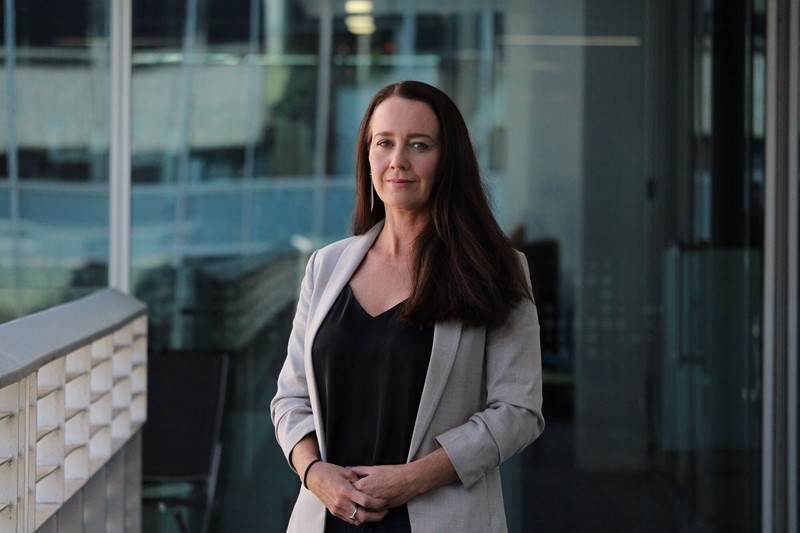The Future Of Work
What does the future have in store for the workforce in Ōtautahi Christchurch?
Talent attraction specialist Karen Haigh tells us the top four things you need to know about jobs, opportunities and what the future holds for careers in STEM.

What are the fastest growing jobs driven by and what industries are most affected by this growth?
At the moment we’re seeing most of the job growth driven by 3 ‘macro-trends’ – demographic changes, technology and covid-recovery. Over the past year 1,900 new healthcare jobs were created, this is largely due to our aging population needing more care. We also saw 1,900 new jobs created in the Professional Services sector – this includes engineering, IT and finance jobs. There were 2,200 new hospitality and accommodation jobs created, some of this increase will be due to the bounce back from the job losses we saw in this sector during covid.
We would expect to continue to see job growth in healthcare, tech and engineering as these macro trends continue.
Nobody knows what jobs will exist in the future, so what can we prepare for?
What we do know is that change, particularly technological change, will continue at a rapid pace. Even employers don’t know what technical skills will be required in 5 years’ time because technology is changing so quickly. The ability to adapt to this change and develop strong transferable skills will be critical.
We know the most in-demand transferable skills for NZ employers are communication skills; problem-solving and critical thinking; adaptability and flexibility; and time management and organisational skills. Leadership skills like strategic thinking and team management will be increasingly in demand; as will the ability to analyse data and insights as we have access to increasing amounts of information.
Technical skills like programming and coding; data analysis and interpretation; and proficiency with data management and analytics tools will also be sought after – although the nature of these tools and systems will change.
Life-long learning and constant upskilling will be required to keep up with the change. So, we can work to develop and equip ourselves with these skills, that we can apply to future jobs, rather than prepare for a job itself that may or may not exist in the future.
How essential will ‘green’ skills be and what is the role of sustainability in the future?
Sustainability will play a critical role in shaping the future of work – in a number of ways.
As we transition to a more sustainable economy we will see more green jobs, businesses and industries in areas like renewable energy, energy efficiency, sustainable agriculture, waste management, and environmental conservation.
We’ll also see businesses adopting more sustainable business practices - considering the environmental and social impact of their operations, adopting eco-friendly technologies, and implementing sustainable supply chain practices. This in turn will require new tech solutions creating jobs in data analytics, IoT (Internet of Things), and blockchain.
The shift towards a circular or regenerative economy also emphasizes reducing waste, recycling materials, and reusing resources, which will create jobs in areas like waste management, circular design, and sustainable resource management.
We’re also seeing Space and Antarctica being explored from a sustainability perspective. With our strong aerospace sector and Ōtautahi being a gateway to Antarctica this is providing some incredible job and career opportunities for those working in the engineering, science and tech fields.
Why is diversity key to the future economy?
Our future workforce will look very different demographically to our current workforce. As our pakeha population gets older we are seeing a large number of pakeha workers exit the workforce and be replaced by our growing young Māori, Pacifica and Asian populations. Businesses’ customers will also be increasingly diverse, meaning products and services will need to be designed for a more diverse consumer base.
Being able to attract diverse, skilled talent will be critical for our businesses’ success and sustainability.



